“The right thing to do when the facts have changed is to have the courage to change direction.” So said prime minister Rishi Sunak in his speech to the Tory conference on Wednesday afternoon.

Confirming what must count as one of the worst-kept secrets in political history, Sunak announced he was “cancelling the rest of the HS2 project”, going on to explain that this meant finishing off the work to link Birmingham to Euston, and then spending the money clawed back from the northern leg on a plethora of more modest schemes across the country, including what he christened “Network North”.
Whatever we think of the PM’s decision to overturn “the old consensus” on the wisdom of continuing with “the wrong project”, as he put it, he has undeniably changed the facts for the rest of us.
Not everyone around the country will applaud the prospect of reinvesting HS2’s budget in “hundreds of projects large and small” with the same enthusiasm as the Tory conference audience, which clapped and cheered noisily.
As is well established, new infrastructure drives development and economic activity. The Oakervee Review into HS2, commissioned by former PM Boris Johnson in August 2019 and published two months after Johnson’s re-election, summarised this effect: “The classic example of this is the Jubilee line extension, [which] did not have a strong economic case, but a political decision allowed it to be constructed and the commercial and residential development […] has grown far beyond expectation.”
More recently we have seen a similar impact from the Elizabeth line, which was late and overbudget but has now made suburbs to the east and west of the capital seem immeasurably closer to the action at the centre. The long-term influence is just starting to be felt.
The Oakervee report noted that “it is surprising that the business case for HS2 does not attempt to estimate these potential benefits to the UK economy”. Helpfully for Sunak, this means that the overall impact of his decision to spend the budget in new ways will be much harder to properly quantify.
Much of the upswell in economic activity from new infrastructure is driven by the entrepreneurial tendencies of the private sector, not the least the property industry.
The now-scrapped sections of HS2 will have influenced countless long-term development and investment plans up and down the country.
Marie-Claude Hemming, director of operations at trade body the Civil Engineering Contractors Association, summed it up: “While the PM has promised to reinvest HS2 money in alternative schemes, we as an industry know how unlikely this will be to materialise and impact communities in anything like the game-changing way that high-speed rail would have delivered.”
Looking ahead, it’s hard to imagine that this decision will be overturned, irrespective of the outcome of the next general election. Simply halting such a massive project in motion will be no picnic, but restarting it again would make that effort seem trivial.
The facts around HS2 have changed and we must all now adjust direction as a result – irrespective of our particular quota of courage.






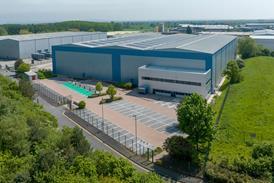
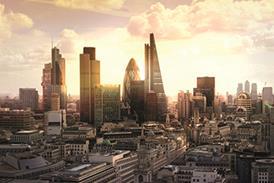




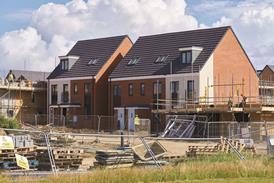














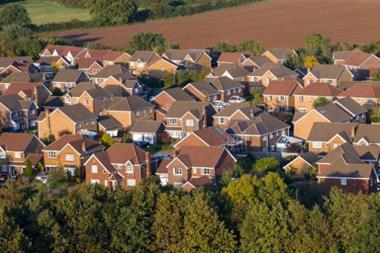
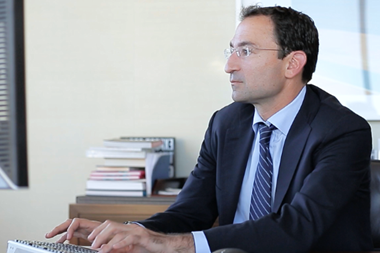
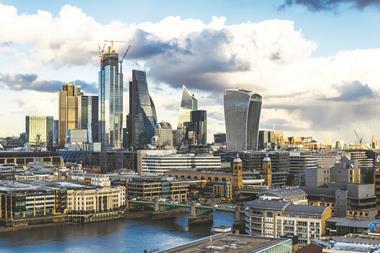

No comments yet